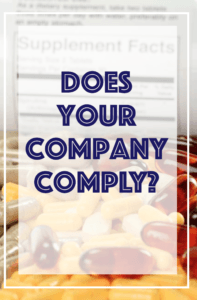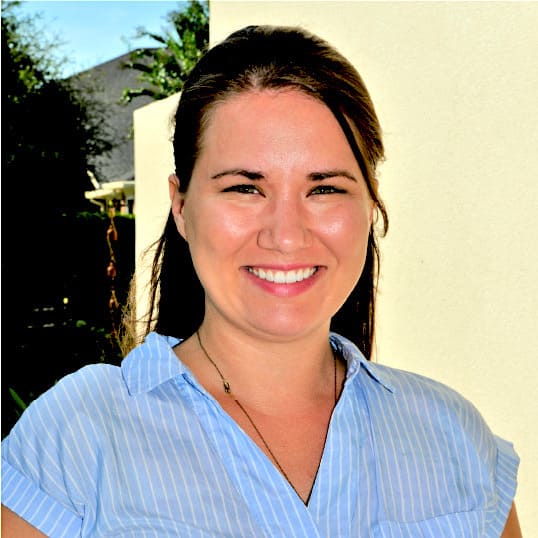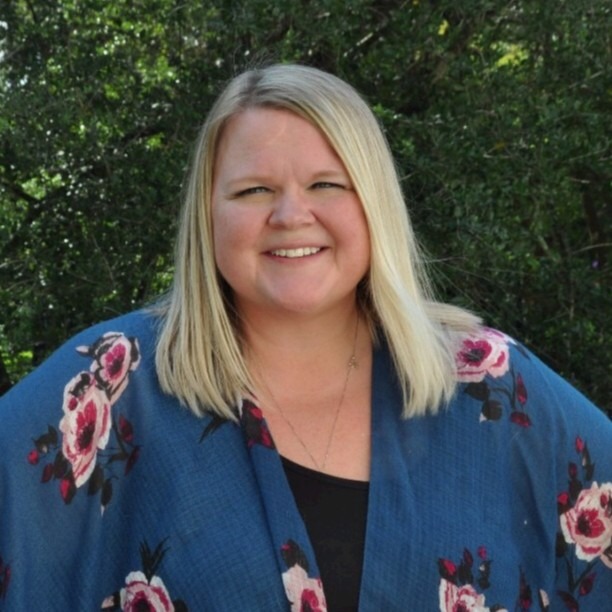
Continuing our plan to detail the regulatory and fundamental quality responsibilities that all brand manufacturers (especially online-only brands) need to embrace, this piece offers a short discussion about the importance and process for complaints and adverse event reporting as required by the FDA.
Brand Manufacturer Responsibility, Complaints, Adverse Event Reporting (AER)/ Serious Adverse Event Reporting (SAER)
Introduction:
One of the most important responsibilities encountered by a brand owner is that of adverse event tracking and reporting. Postmarket safety monitoring, that is, analyzing information on products once they go to market, is a critical part of the FDA’s responsibilities. In speaking with the FDA, we have repeatedly been told this aspect of regulatory activity is perhaps the most important regulatory requirement a brand manufacturer must respect regarding the fundamental expectation of safety. FDA inspections and warning letters reinforce this statement. The FDA Adverse Event Reporting System (FAERS) is designed to inform the Food and Drug Administration and the public about trends of events associated with therapeutic and biologic products and devices using a computerized information database. The database is designed to provide information on medication error reports and quality complaints which resulted in adverse events that were submitted to the FDA. The database is expected to support post-marketing safety surveillance. When it comes to ingestibles it is insufficient to simply sell a product; the responsibility for post sale safety considerations must be maintained.
Issue:
Many brand manufacturers are unaware of the regulatory requirement of the FAERS. Being unaware of the requirement is not an acceptable excuse to the FDA. The process is deemed to be important and relatively easy to implement and follow. Despite the importance to safety and the FDA, many brand manufacturers do not provide attention to the development of an AER/SAER and furthermore do not understand and comply with the regulation as required by the FDA. While this is not a complicated matter to manage, many companies are taking unnecessary risk in not developing a structured process and training for handling this requirement.
Context:
FDA dietary supplement labeling requirements dictate that contact information must be easily identifiable on every label. The primary cause of this requirement is for consumer safety. Consumers routinely call customer service centers across the globe to inform brand manufacturers of complaints and concerns.
 The FAERS dictates a process by which post sale health complaints are monitored. When the consumer calls in to the call center, the representative must determine, presumably through company Standard Operating Procedure (SOP), whether the complaint is an adverse event or a serious adverse event and determine a course of action.
The FAERS dictates a process by which post sale health complaints are monitored. When the consumer calls in to the call center, the representative must determine, presumably through company Standard Operating Procedure (SOP), whether the complaint is an adverse event or a serious adverse event and determine a course of action.
Most complaints are non-serious and not categorized as a serious adverse event. A serious adverse event is characterized as an event which involves any of the following:
- Death
- Life-threatening circumstances
- Hospitalization admittance
- Disability or permanent damage
- Congenital birth defect or attributable anomaly
- Immediate medical attention, as defined by the immediate healthcare provider, to prevent any of the above occurrences
As important as it is to determine what an SAER is, it is equally important to correctly identify a non-SAER. Emergency room visits by themselves do not constitute a serious adverse event even though the event occurs in a hospital environment. An outpatient visit to an ER Clinic, retail healthcare clinic or even a hospital Emergency Room is not a serious adverse event unless the patient is admitted or one of the above mentioned events accompanies the incident.
It is important to train customer service representatives as to how to handle and identify and each complaint because the identification dictates the responsibility of reporting to follow. Complaints, adverse events and serious adverse events should be tracked and trended. Serious adverse events must meet an additional process involving notification to the FDA MedWatch through an online form FDA 3500A (FDA 3500A Mandatory) within 15 days of awareness of the event by the manufacturer. Further investigation of cause or link is encouraged subsequent to the MedWatch notification. It is important to remember that the filing of the notification is not an admission of fault or cause. Additionally, consumers and healthcare providers can submit a voluntary response by way of FDA Form 3500 (FDA Form 3500 ) or a more consumer friendly Form 3500B (FDA Form 3500B).
Relevance:
FDA has made it clear through Warning Letters that the brand holder must follow cGMP requirements concerning complaints as referenced by 21 CFR 111.560(a) and as required by section 761(c) of the Act [21 U.S.C. §§ 379aa-1(c)] of the Food, Drug and Cosmetic Act.
Example:
A Serious Adverse Event Report (SAER) for a dietary supplement was not submitted as required by section 761(c) of the Act [21 U.S.C. §§ 379aa-1(c)]. For example:
https://www.fda.gov/iceci/enforcementactions/warningletters/2017/ucm545932.htm
- ProSupps USA LLC received a complaint on August 4, 2015, for Mr. Hyde Blue Razz dietary supplement, that resulted in the hospitalization of the consumer. An SAER was filed with the FDA, but not until February 24, 2016.
- ProSupps USA LLC received a complaint on March 24, 2015, for Mr. Hyde Blue Razz dietary supplement, in which the consumer complained the product prevented her from sleeping, and caused difficulty breathing. An SAER was not filed with the FDA for this complaint.
Specifically:
“Under section 761(c) of the Act, you must submit a report of a serious adverse event associated with any of your dietary supplements no later fifteen (15) business days after a report of the event is received through the address or phone number provided on your dietary supplement products. Because prompt submission of such serious adverse event reports is important for public health reasons, the agency recommends that all serious adverse events be reported to FDA within fifteen (15) business days of receipt regardless of the means by which you receive the initial report. These serious adverse event reports must be submitted under the MedWatch Form 3500A.”
Notably, in this case, the second complaint was not a hospitalization event but was apparently deemed an SAER regardless. Presumably this determination by the FDA was based upon difficulty breathing constituting a life threatening event.
What you can do:
- Develop an SOP for handling customer complaints
- Investigate, track and trend all consumer complaints by product.
- Ensure someone in your organization (or a contractor) is trained and is thoroughly versed in 21 CFR 111 especially in determining AER and SAER complaints.
Additional References:
3rd party outsourcing of this requirement: https://safetycall.com/





